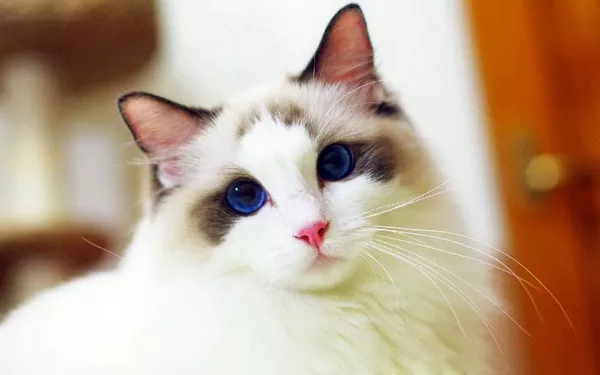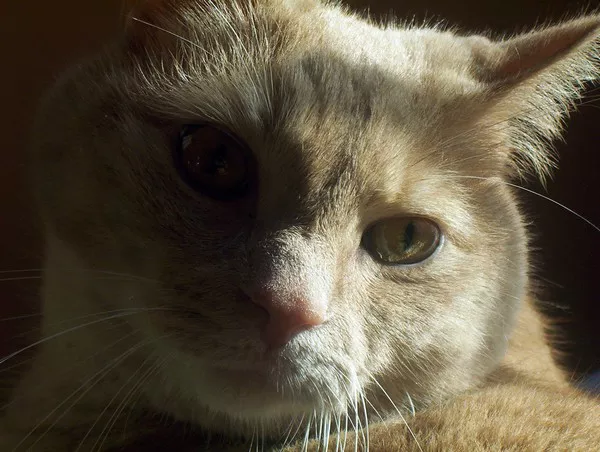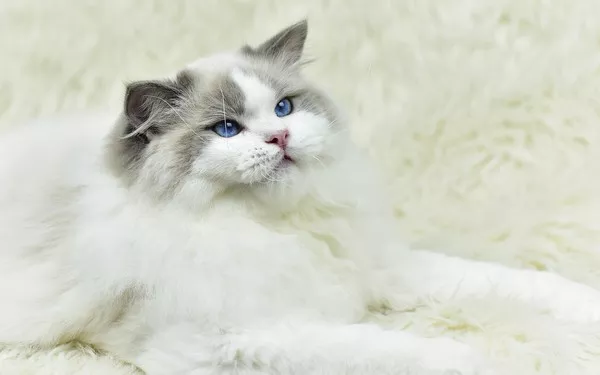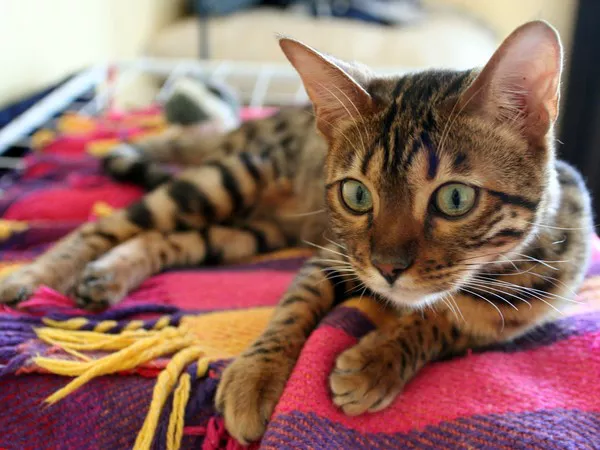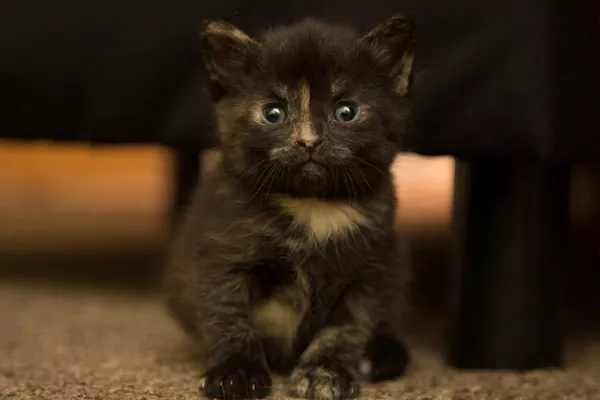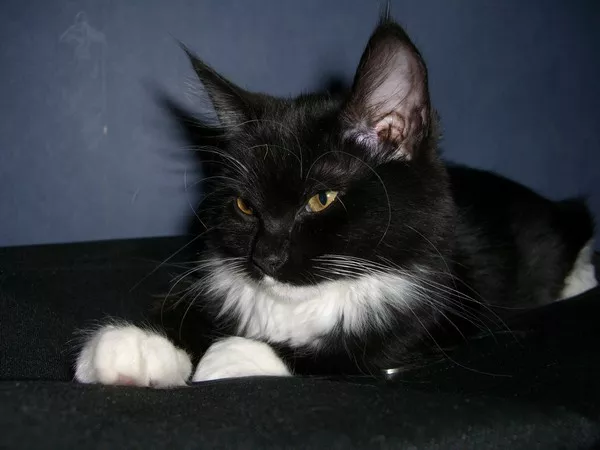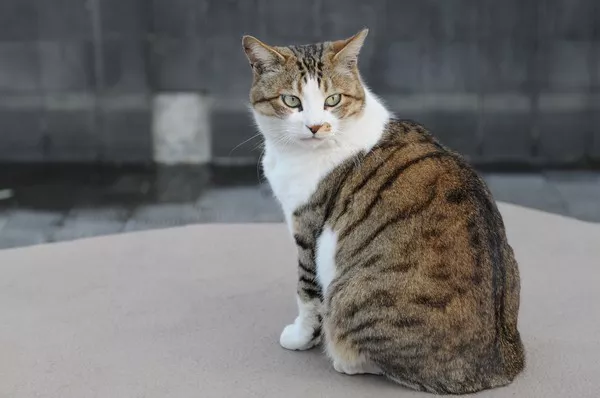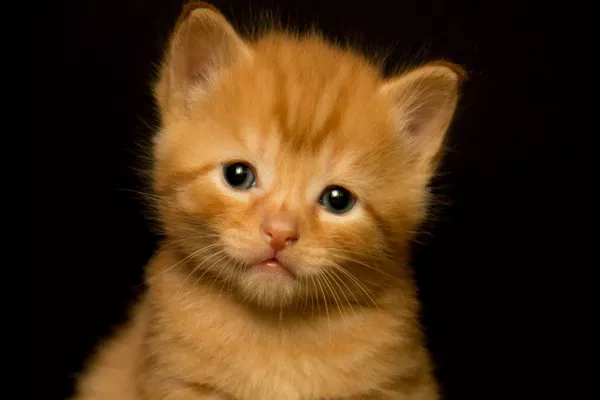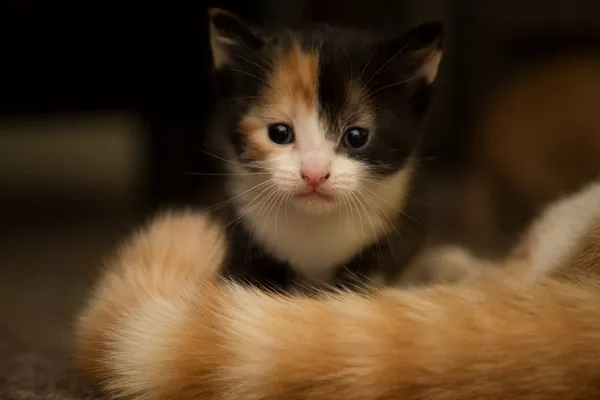Ragdoll cats have become increasingly popular in recent years, thanks to their gentle nature, beautiful appearance, and distinctive personality. However, as with any breed, there are both pros and cons to owning a Ragdoll cat. In this article, we’ll take a closer look at these aspects, from their physical traits to their temperament and overall health.
Physical Characteristics
Ragdoll cats are known for their medium-to-long hair, which is silky and plush to the touch. Their coats come in several colors, including seal, blue, chocolate, lilac, red, cream, and tortoiseshell. They also have striking blue eyes that are quite large and round, giving them an almost doll-like appearance, hence their name.
One of the main pros of owning a Ragdoll cat is their soft and fluffy coat, which many people find irresistible. They shed relatively little compared to other breeds, and their coat does not mat easily, making grooming less of a hassle. Additionally, their blue eyes are often described as mesmerizing, and they add to the breed’s unique charm.
However, their long hair can also be a con since it requires regular grooming to keep it looking healthy and shiny. Ragdoll cats are prone to developing hairballs, which can lead to digestive problems if left unchecked. Owners should be prepared to brush their cats’ coats regularly and provide them with hairball remedies when necessary.
Temperament
Ragdoll cats are known for their laid-back and affectionate personalities. They get along well with children and other pets and are often described as “dog-like” in their behavior. They love nothing more than being close to their owners and will often follow them around the house or snuggle up with them on the couch.
The gentle nature of Ragdoll cats is one of their most significant pros, making them ideal pets for families with small children or other animals. They are docile and patient, rarely becoming aggressive or overly territorial. They are also highly trainable and will often respond well to positive reinforcement.
However, their docile nature can sometimes be a con. Ragdoll cats are not known for their hunting instincts and may not be the best choice for households with small rodents or birds. Additionally, they can become overly dependent on their owners and may suffer from separation anxiety if left alone for long periods.
Overall Health
Ragdoll cats are generally healthy animals, with a lifespan of around 12-17 years. However, like all breeds, they are prone to certain health issues. One of the most common health problems in Ragdoll cats is hypertrophic cardiomyopathy (HCM), a genetic condition that affects the heart muscle.
The potential for health issues is one of the cons of owning a Ragdoll cat. Owners should be prepared for the possibility of costly veterinary bills and should take steps to keep their cats healthy. This includes providing them with a nutritious diet, regular exercise, and taking them for annual check-ups.
How Can Nutrition Help Keep Your Ragdoll Healthy?
Proper nutrition plays a crucial role in maintaining the health of your Ragdoll cat. To keep your cat healthy, it is important to provide them with a well-balanced diet that meets their nutritional needs. Here are some tips to help you ensure that your Ragdoll is getting the right nutrients:
1. Choose high-quality cat food that is specifically formulated for Ragdolls. Look for cat food that contains a high amount of protein from animal sources, as this is vital for muscle development and maintenance.
2. Make sure that your Ragdoll’s diet includes all the essential nutrients, including vitamins, minerals, and fatty acids. These nutrients help support your cat’s immune system, vision, skin and coat health, and overall wellbeing.
3. Provide fresh, clean water at all times. Cats need access to clean water to stay hydrated and maintain proper kidney function.
4. Avoid overfeeding your cat, as obesity can lead to a variety of health problems. Follow feeding guidelines on the cat food packaging or consult with your veterinarian to determine the appropriate portion size for your Ragdoll based on their age, weight, and activity level.
5. Supplement your cat’s diet with treats and snacks that are healthy and low in calories. Choose treats that are specifically designed for cats, as human food can be harmful to their health.
By following these tips, you can help ensure that your Ragdoll receives the nutrition they need to maintain optimal health and wellbeing.
Conclusion
In conclusion, Ragdoll cats make wonderful pets for those looking for a gentle and affectionate companion. Their soft and plush coat, striking blue eyes, and laid-back temperament make them very popular among cat lovers. However, their long hair requires regular grooming, and their docile nature can sometimes be a disadvantage.
Additionally, it’s important to be aware of the potential for health issues, particularly HCM, which can be inherited genetically. Overall, Ragdoll cats are a great choice for families and individuals looking for a loyal and loving pet, but as with any breed, it’s important to do your research and be prepared for the responsibility that comes with pet ownership.

